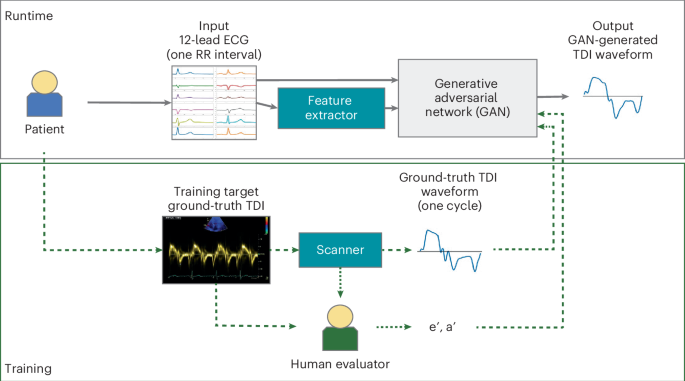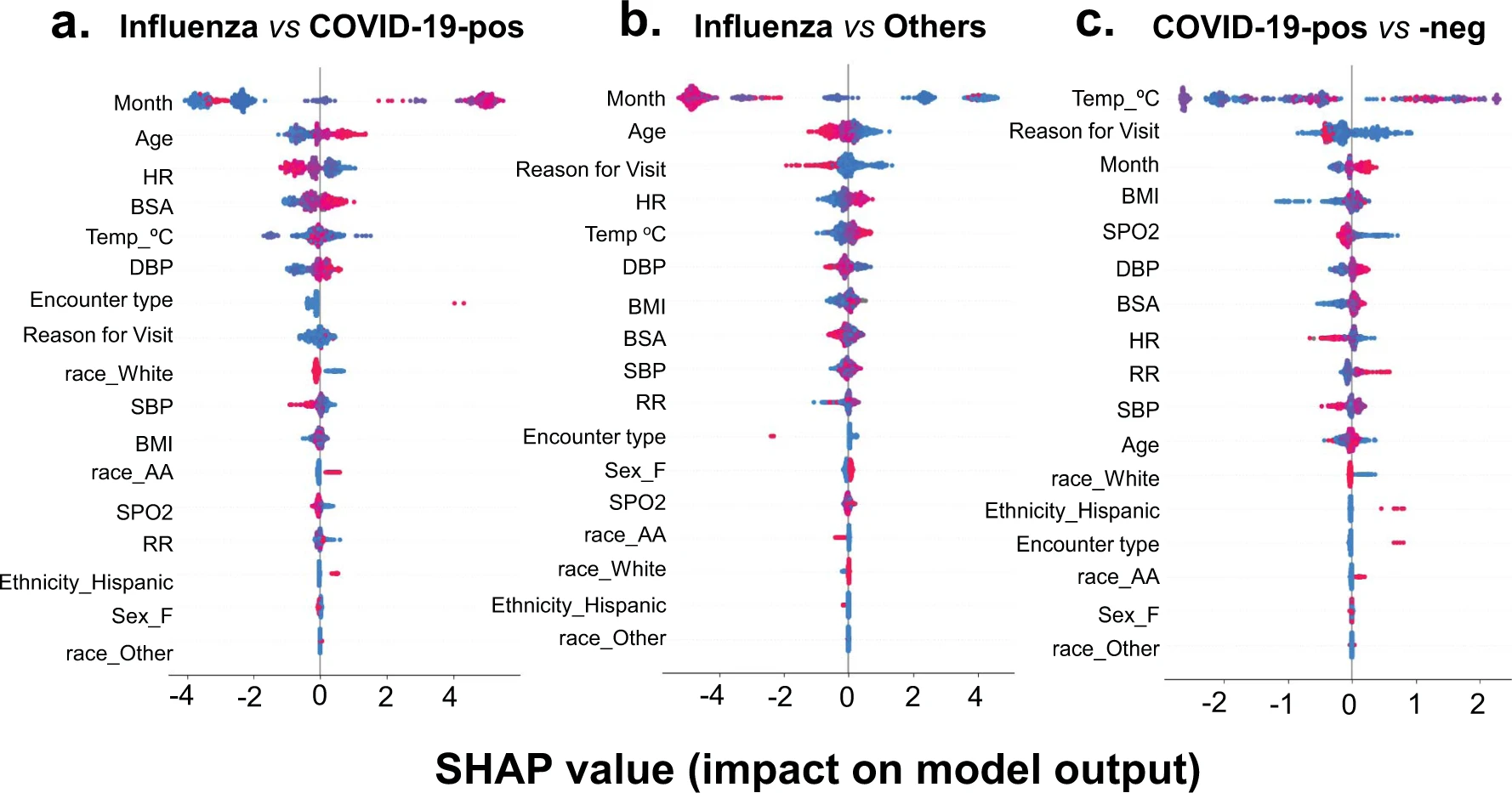about
Hi, I'm Aditya! Thanks for stopping by my website.
I’m a first-year PhD student in Computer Science at the University of Illinois Urbana-Champaign, where I’m fortunate to be advised by Dr. Jim Rehg. I've been fascinated by the problem of intelligence, and am particularly interested in the intersection of AI and healthcare.
Prior to starting my PhD, I received my Bachelor's in Computer Science from Georgia Tech. During my undergrad, much of my research was at Carnegie Mellon, where my most significant work involved creating the first method for generating digital twins of cardiac tissue motion from ECGs — a vastly more accessible and cost-effective method to obtain imaging-like insights even in the most resource-scarce settings.
Outside of research, I'm very interested in spaceflight, "entropy maximization" (elaborate ethical pranksterism), inventing absurd ways to raise money for global health, writing bad science fiction, and a rotation of several other fascinations.
Always happy to connect — feel free to say hi! :)
research

Synthetic generation of cardiac tissue motion from surface electrocardiograms
Nature Cardiovascular Research

A vital sign-based prediction algorithm for differentiating COVID-19 versus seasonal influenza in hospitalized patients
npj Digital Medicine
awards
Stanford University
Finalist (top 2% globally), 2025 Knight-Hennessy Scholars
American Society of Echocardiography
Finalist (1 of 4 nationally), 2024 Young Investigator Award — as an undergraduate among early-career researchers.
random
A fun little addition to my website from freshman year of undergrad — it's a JavaScript implementation of the C. elegans connectome, running in real time on your browser! It's based off of the OpenWorm project, which aims to "[build] the first digital life form." This simplified model uses perfect-intergrate-and-fire-type neurons, and is given sensory feedback in the form of random chemosensory stimuli (sensing virtual food) as well as tactile feedback when it hits the walls of the webpage. It's kinda like the Matrix, but for worms!
